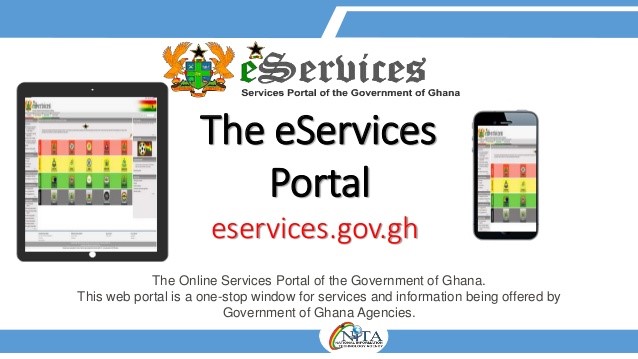E-government and governance is a multifaceted concept that includes government-to-government (G2G), government-to-business (G2B) and government-to-citizens (G2C)
If ICT is deployed appropriately in the delivery of government’s services, both leadership and the citizenry stand to benefit a lot. It is government’s responsibility to ensure that our socio-economic growth agenda which can be facilitated using ICT is on course.
Governments over the years have been too far away from the people. Our reference policy (ICT4AD) identifies that when government chooses electronic means to deliver its services, it can help bring government closer to almost everyone. The days of travelling all the way to Accra just to process a passport, for example, was noted to be a challenge to the citizenry. Today, passport acquisition can be done with some electronic medium intervention.
It is important, as noted in the policy document, that just having big ICT projects – especially in the public sector – will not be enough to ensure the needed efficiency and productivity. There is a need to have vigorous changes in the organisational structure, procedures, and workers’ mindset. And the same applies with the private sector.
I have had my own experience when registering my company. After going through the initial process at the Registrar-General’s Department and being promised an email notification in about two weeks’ time, the email message never came. I had to go there myself after a little over a month to demand an update, only to be told the email was never going to come in the first place. This is what the policy advised against.
The Policy Statement
“Acknowledging the crucial role that ICTs can play in the delivery of Government services; bringing Government closer to the people; and in facilitating the implementation of Government’s decentralisation policy to support the activities of regional and district administrative units, the Government is committed to the deployment and exploitation of ICTs to support operations and activities of the Civil and Public Service as part of its commitment to modernisation of the Civil and Public Service to facilitate administrative cost reduction and the promotion of effectiveness and efficiency in the delivery of Government services to the people of Ghana.”
A comprehensive e-governance and government strategy implementation is what we need for Ghana. Caution should be taken by all governments not to rush into churning out electronic services the citizens can’t patronise.
There is a need to also avoid wasteful repeated electronic processes, as the case has been over the years in the area of citizen’s biometric data-capturing.
Some Key Strategies
- A public sector KPI of a sort to measure the efficiency with which the workers go about their duties has been firmly advocated in the policy. I am very happy such discussions have come up in recent times. This will ensure that the various procedural changes which any ICT deployment brings will be effective. Otherwise, it all be as we say, Cos 90.
- Establishing a comprehensive intra-and inter-system of communication at all levels of government will go a long way in achieving e-governance objectives. The recent directive by the ministry in charge to ensure that all public sector workers communicate via an official government email is in the right direction. I will dig a little a bit more into how this is being carried out and bring you a very good piece for you to read.
- One of the key words in the entire document has been to ‘modernise’. And yes, there are various modernisation processes going on in the public sector which now include the ability to fulfil some tax obligations online in the comfort of your home or office.
As I have mentioned in previously published articles, electronic processes are affecting every sector of our economy. Countries which have realised this have leapfrogged various developmental hurdles we are still struggling to clear.
- Also highlighted is the need for transparent information-sharing across the board to curtail long processes in service delivery.
Some Key ICT Initiatives to Target
Among the suggested list of initiatives is the need to ensure that our public servants are ready for the big changes happening or are about to happen at each stage.
Articles in the past tackled the big issue of us ensuring that our people are digitally functional and productive. If any government’s department is not aware or failing in this, then that department needs a second look.
Training must be immediately requested for all public servants to get skilled-up for our digital economy quest.
All these e-governance businesses and commerce services can only thrive if the enabling environment is created. You cannot have PCs set up on a network for service delivery but every now and then citizens are told the system is down, so they can’t gain access to do anything.
We are all charged to embrace these e-governance initiatives for our collective goal of getting government closer and modernising our economy.
DIGEST












